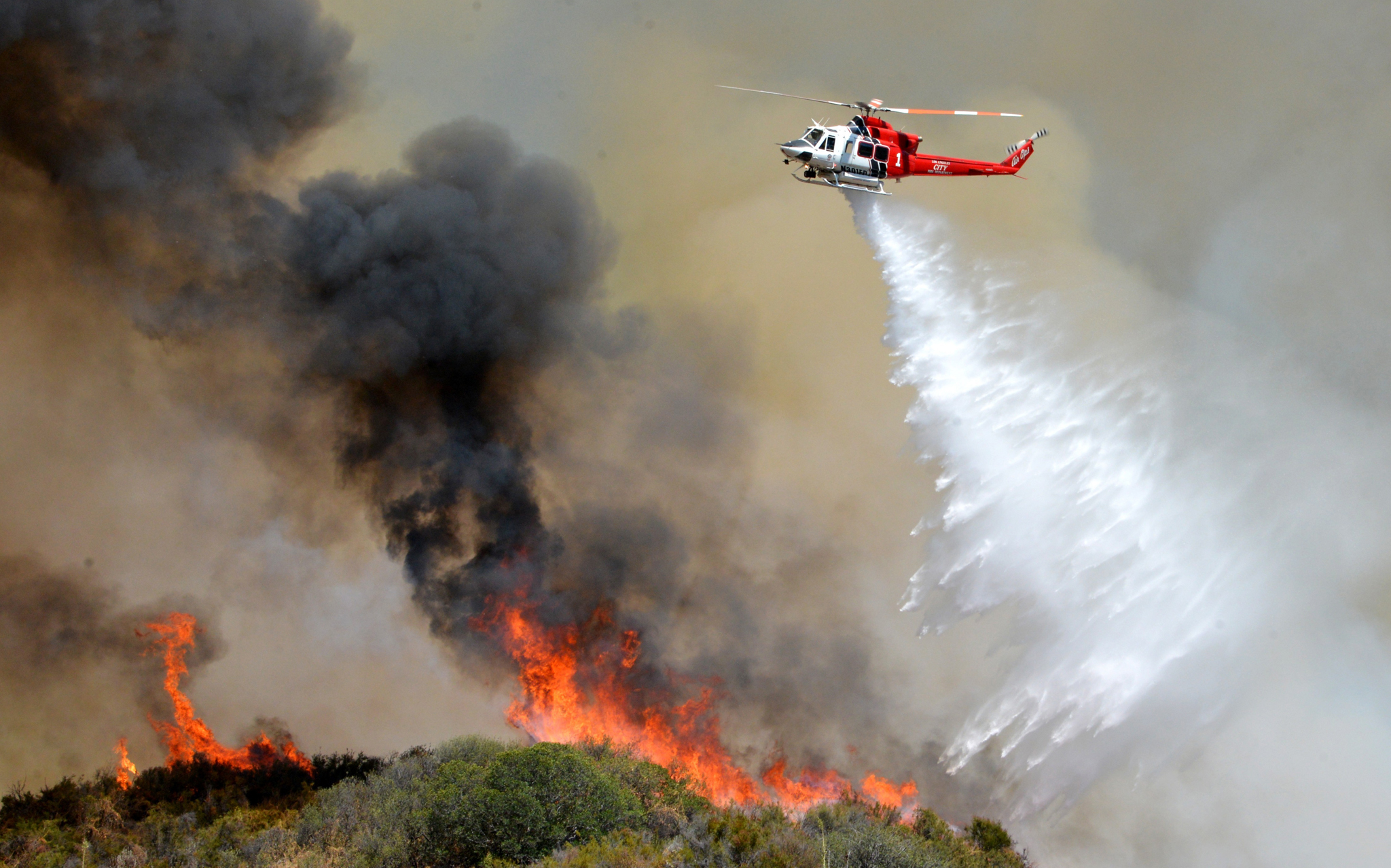.
A muddied girl, donning a cape made of dried banana leaves, makes the
rounds of the streets to collect candles prior to attending a mass to
celebrate the Feast Day of St John the Baptist in the village of
Bibiclat, in northern Philippines: photo by Bullit Marquez/AP via FT Photo Diary, 24 June 2015
nothing’s to be done.
They spilled the lead in water under the stars, and may the fires burn.
If you stand naked before a mirror at midnight you see,
you see a man moving through the mirror’s depths
the man destined to rule your body
in loneliness and silence, the man
of loneliness and silence
and may the fires burn.
At the hour when one day ends and the next has not begun
at the hour when time is suspended
you must find the man who then and now, from the very beginning, ruled your body
you must look for him so that someone else at least
will find him, after you are dead.
It is the children who light the fires and cry out before the flames in the hot night
(Was there ever a fire that some child did not light, O Herostratus)
and throw salt on the flames to make them crackle
(How strangely the houses -- crucibles for men -- suddenly
stare at us when the flame’s reflection caresses them).
But you who knew the stone’s grace on the sea-whipped rock
the evening when stillness fell
heard from far off the human voice of loneliness and silence
inside your body
that night of St John
when all the fires went out
and you studied the ashes under the stars.
George Seferis (1900-1971): Fires of St. John, from Book of Exercises, 1940, in Collected Poems (Revised edition), translated by Edmund Keeley and Philip Sherrard, 1991
.
Smoke from the High Park Fire fills the sky near Laporte, Colorado: photo by Marc Piscotty/Reuters, 10 June 2012
"On the eve of the feast day of St John (24 June), it was customary in Seferis’ childhood village of Skala near the town of Vourla in Asia Minor -- as in other Greek villages generally -- for the children to light small fires in the streets after sunset and jump over them for good luck. Among the various divinatory rituals practiced by unmarried girls on this feast day are the two mentioned in the poem: 1) The girl drops molten lead into a container filled with “silent” water (i.e. water brought secretly from a spring by a young girl or boy who is forbidden to speak to anyone on the way), and the shape the lead takes on cooling indicates the trade or profession the girl’s future husband will follow; 2) The girl undresses at midnight and stands naked before a mirror, invoking St John and asking him to reveal the man she will marry; the first name she hears on waking the next morning is that of her future husband.
"Herostratus, in 346 BC, burned down the famous Temple of Artemis at Ephesus in order to make his name immortal."
-- Keeley and Sherrard
A muddied girl, donning a cape made of dried banana leaves, makes the
rounds of the streets to collect candles prior to attending a mass to
celebrate the Feast Day of St John the Baptist in the village of
Bibiclat, in northern Philippines: photo by Bullit Marquez/AP via FT Photo Diary, 24 June 2015
A Los Angeles City Fire helicopter drops water on a hillside fire in
Santa Clarita, Calif. About 1,000 people have been evacuated from homes
as a 100-acre wildfire burns through brushy canyonlands north of Los
Angeles: photo by Rick McClure/AP via FT Photo Diary, 25 June 2015



What happened to Andrei Rublev on St John's Eve
ReplyDeleteNothing to compare with Tarkofsky’s take on St. John’s Eve but nevertheless over here in the motherland, some traditions are being resurrected from the ashes while others were burnt to a crisp in 2007 BC (Before Crisis)—and to think the Prime Minister responsible for letting this destruction get out of hand back then was re-elected in September of that same year and promptly burnt Greece again—this time financially--but he never said a word about it to the Greek people, just passed the puffed-up buck to Papandreou who ran straight into the arms of the Terrible Troika who in turn gave (and continue to give) the Greek people five straight years of nonpareil economic misery. Btw, another moving poem by Seferis—thanks, Tom.
ReplyDeleteI hear you, brother.
ReplyDeleteMeanwhile in Athens (Vassilis Zambaras: Web)